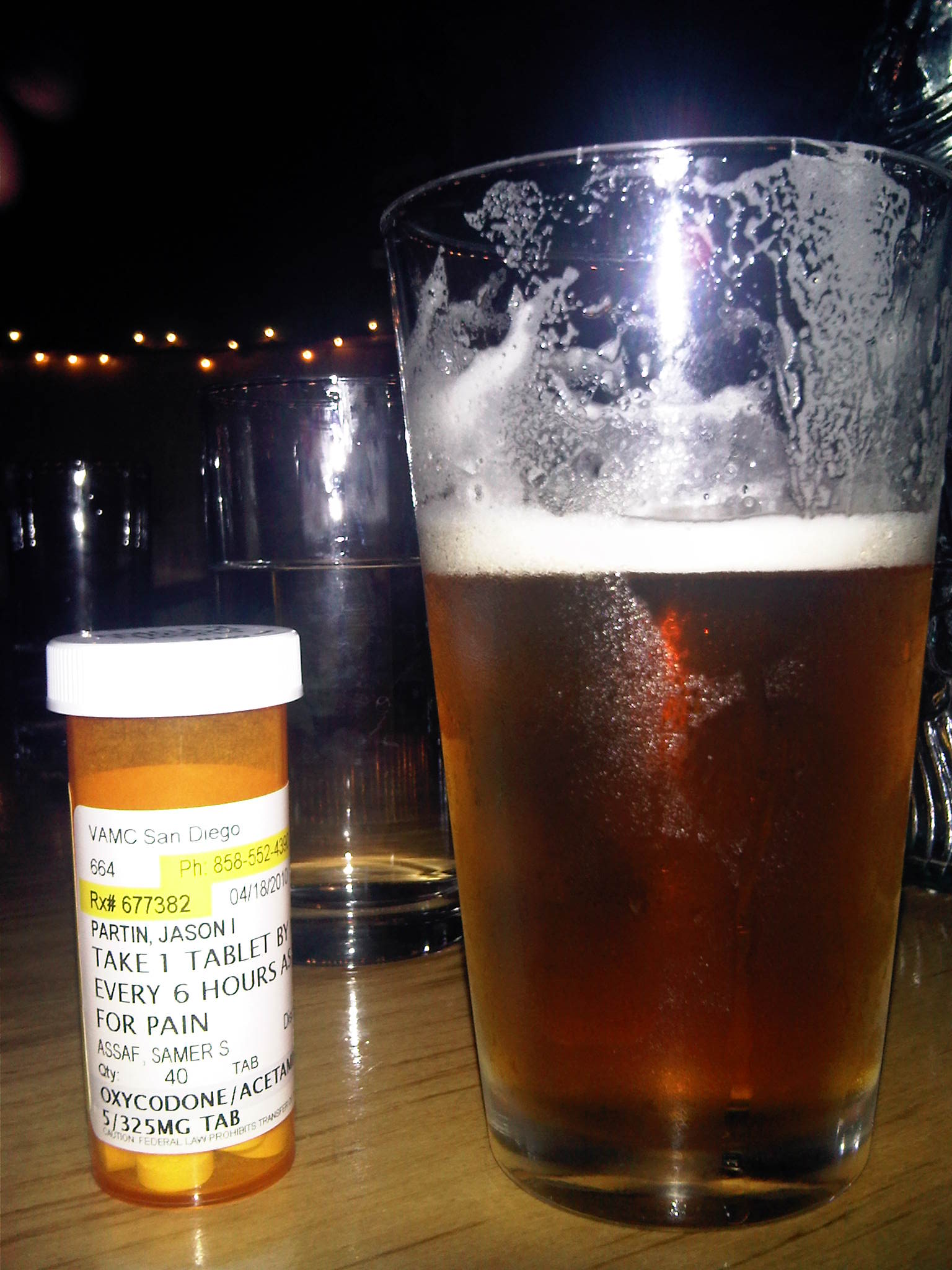Steps away from addiction
2 minute read.
I define addiction as:
Acknowledging an action has consequences harmful to yourself or othersAcknowledging that you’d like to stop an action, then repeating the action

I took this photo in 2010 while laughing with friends after I had surgery and was diagnosed with medical conditions associated with chronic pain. By 2017 the United States was experiencing high levels of opioid and alcohol addictions, which can creep up on you if you’re not mindful. I was prescribed opiate pain medications by the Veterans Administration for nine years, then hiked over the Himalaya Mountains without them; I had surgery, again, in 2018 and didn’t use pain medications.
All addictions have moments when you can make a choice, and you can take steps towards or away from freedom. Take the following steps towards freedom:
Acknowledge that actions can have consequences harmful to yourself or othersObserve your actions and be mindful of whether or not they harm othersIf your actions could be harmful to yourself or others, try changing themIf you can’t change your actions, express this to friends, family, or healthcare providers
Obstacles to freedom include:
You’re unaware of consequences of actionsYou have a false understanding of consequences of actions
You have chronic pain, which leads to depression and addictions
You have a biologic disposition to pain or addiction: 40-60% of risk to addiction comes from genetics
You have an emotional disposition to pain or addiction because of poverty, childhood exposure to addictions, or post-traumatic stress
Defer judging the obstacles or yourself. Instead, focus on observing if there’s a problem, then solving the problem by removing obstacles, such as reducing suffering from chronic pain. Consider professional assistance or the following resources:
U.S. Center for Disease Control substance abuse resourcesU.S. Substance and Mental Health Services AdministrationAlcoholics Anonymous
If someone you know is addicted, learn how to help them through Al-Anon.
Good luck; you’re not alone.
